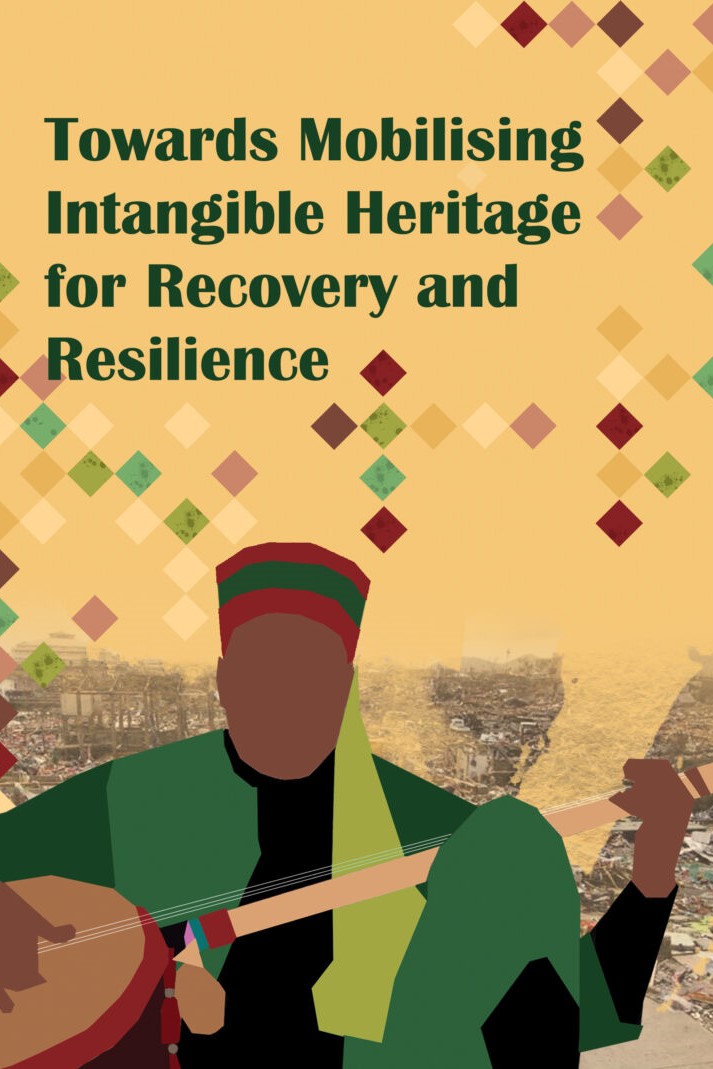Intangible heritage, Recovery & Resilience
The collaborative research project titled Towards Mobilising Intangible Heritage for Recovery and Resilience won a seed fund from Royal Academy of Engineering, UK, Frontiers for Development Programme.
Case studies: Tunisia & Nepal
Overview
The aim of the project Towards Mobilising Intangible Heritage for Resilience and Recovery is to assess an identified gap in frameworks for resilience and disaster recovery that do not include intangible heritage (IH) effectively in their strategies. Therefore, the project highlights missing opportunities for using intangible heritage as a tool in the development of a recovery process that could be more socially responsive and sustainable. To propose a solution to this gap the research project set two objectives:
- to implement a scoping exercise to collect and rationalise evidence of the role of IH in post-disaster recovery.
- to initiate an international dialogue with disaster-affected communities, aid organisations, and authorities to gather experiences and learning that highlight the relevance of IH in recent and ongoing disaster recovery processes.
Case studies of Tunis, Tunisia and Kathmandu Valley, Nepal, can provide us with valuable insight to the issue of interest. In the case of Tunis, the research explored events related to the Arab Spring 2011 that resulted in major political changes, with consequences for intangible heritage practices. The case study of Kathmandu Valley examined the role of IH in the aftermath of the 2015 Gorkha Earthquake. In combination, these two examples cover key sources for disasters: natural incidents, conflicts and major socio-political changes.
As part of the project an online panel discussion, held on 16th November 2021, focused on “Intangible Heritage for Recovery and Resilience”. During the panel, experiences shared from the Philippines, Syria, and Tunis, exposed different scenarios and sources for disaster or sudden significant event. An eBooklet downloadable below disseminates summaries of cases discussed.
The project delivered an eBooklet summarising cases discussed during the panel discussion, a working paper, and a literature review. Together, they set a foundation upon which further systemic studies can take off.
Silk Cities is investigating this topic along with the University College London (UCL-lead applicant), UK; Yildiz Technical University and Ozyegin University, Turkey; De La Salle University, Philippines; Kathmandu Valley Preservation Trust, Nepal; and Blue Fish Consulting, Tunisia.

Towards Mobilising Intangible Heritage for Recovery and Resilience
Download here
Send download link to:
